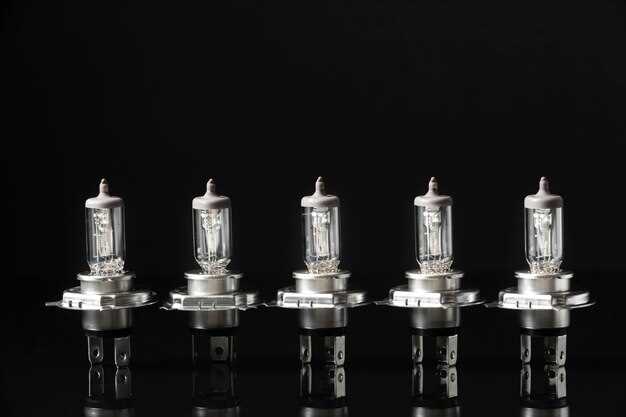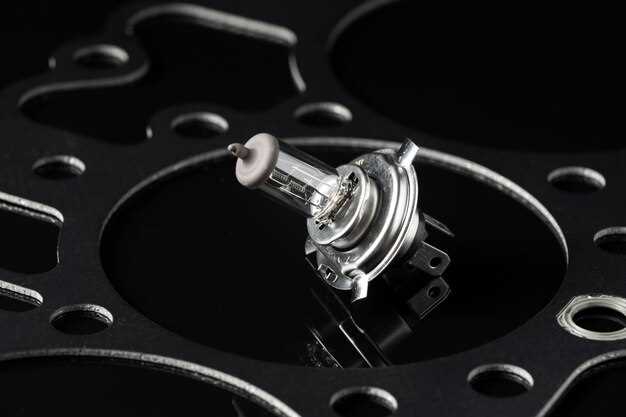
Understanding Carburetor Functionality
Carburetors play a crucial role in any racing vehicle’s performance by mixing air and fuel to create a combustible mixture. The efficiency and effectiveness of this process can significantly impact power output and throttle response. Proper tuning of the carburetor is essential to ensure optimal performance on the track.
Key Aspects of Carburetor Tuning
To achieve maximum race performance, several key aspects must be considered during the tuning process:
- Jet Sizing: The main jets control the fuel flow at wide-open throttle. Adjusting jet sizes based on engine needs will optimize performance.
- Air/Fuel Ratio: Achieving the ideal air/fuel ratio often requires fine-tuning. A ratio between 12.5:1 and 13.0:1 is recommended for maximum power.
- Float Level: The float level affects the fuel delivery to the jets. Ensuring correct float settings can prevent flooding or starving under acceleration.
Advanced Tuning Techniques
Dyno Testing

Dyno testing is one of the most effective methods for fine-tuning carburetors. This process provides empirical data regarding power output and torque, allowing for precise adjustments.
Adjustable Metering Blocks
Utilizing adjustable metering blocks can offer even greater precision in tuning. These blocks enable racers to make real-time adjustments to fuel flow without disassembling the carburetor.
Weather Considerations
Environmental factors such as humidity and temperature can affect air density and engine performance. Adjusting the carburetor settings accordingly allows drivers to maintain optimal performance across changing conditions.
In conclusion, tuning carburetors for maximum race performance requires meticulous attention to detail and a solid understanding of engine dynamics. By focusing on key aspects such as jet sizing, air/fuel ratio, and utilizing advanced techniques, racers can unlock the full potential of their engines on the track.
Selecting the Right Carburetor for Your Racing Application

Choosing the appropriate carburetor is a crucial step in tuning for optimal race performance. The right carburetor can significantly influence the engine’s power output, throttle response, and overall efficiency. Several factors must be considered when making this selection, including engine displacement, intended use, and specific racing conditions.
Engine Displacement and Configuration
First, assess your engine’s displacement and configuration. Carburetors come in different sizes and designs tailored for various engine setups. A larger carburetor may provide more airflow and fuel delivery for high-performance engines, but it can also lead to poor throttle response and tuning challenges in smaller engines. For a balanced approach, work with a carburetor size that matches your engine’s specifications. Typical guidelines recommend selecting a carburetor that flows around 1.5 to 2 times the engine’s cubic inches.
Intended Use and Racing Type
Consider the specific racing application to fine-tune your choice. Different types of racing, such as drag racing, circle track racing, or road racing, place varying demands on carburetor performance. Drag racers may benefit from a high-flow, competition-oriented carburetor designed for wide-open throttle applications, while road racers might require a carburetor capable of delivering consistent fuel flow during varying throttle positions. Evaluate your racing goals to determine the carburetor type that best suits your needs.
Weather and Track Conditions
Environmental factors also play a significant role in carburetor selection. Temperature, humidity, and altitude can influence air density, thereby affecting performance. A carburetor that allows for easy tuning adjustments, such as changing jets or air bleeds, can help adapt to these changing conditions and achieve optimal performance. Consider models that offer flexibility in tuning to accommodate fluctuations on race day.
Fuel Type
Lastly, the type of fuel used can impact the choice of carburetor. Carburetors designed for specific fuels, such as gasoline or ethanol, have different characteristics and require tailored tuning solutions. Ensure compatibility with the fuel you plan to use to maximize the performance and reliability of your engine setup.
In conclusion, selecting the right carburetor for your racing application involves careful consideration of engine displacement, racing type, environmental factors, and fuel compatibility. Making the right choice is pivotal in achieving peak race performance through effective tuning.
